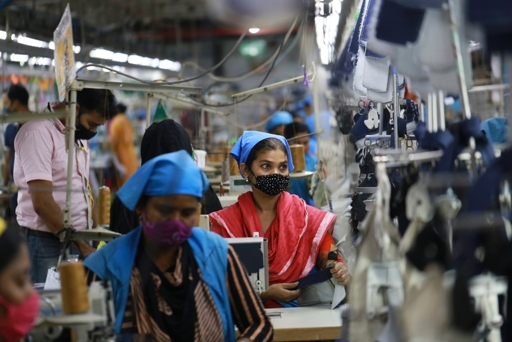Enlightened interest: the EU should support poor countries hit by Trump tariffs
Enlightened interest: the EU should support poor countries hit by Trump tariffs
Enlightened interest: the EU should support poor countries hit by Trump tariffs - Borderlex

....
The world’s least-developed countries have been hit hard [by Tump's tariffs]: goods exported from Lesotho to the US will be subject to 50% tariffs, Cambodia 49%, and Bangladesh 37%.
These tariffs are momentarily suspended. But they will have dramatic consequences for poverty rates, unemployment, and political stability.
Countries where tariffs will have the most impact, including Bangladesh and Cambodia, risk losing as much as 380,000 jobs. The garment industry will be most affected. The sector employs mostly women, and has been critical to poverty reduction efforts in these countries.
The simultaneous withdrawal of USAID funding will make the impact even more severe.
And unlike larger economies, such as China and the European Union, which will eventually recover, the world’s most fragile developing countries will be set back by years, if not decades.
...
Staying open to imports from the world’s poorest countries is line with the EU’s values and commitment to contribute to peace, security, sustainable development, free and fair trade, the eradication of poverty and the protection of human rights, as expressed in the Treaty of Lisbon.
The EU must also step up financial support to LDCs [ Least Developed Countries]. The EU is the world’s largest provider of overseas development assistance. Despite a commitment by EU member states to gradually increase the percentage of ODA going to LDCs, between 1990 and 2022 the share of ODA going to LDCs dropped from 52% to 19%.
A large amount of these funds are being repurposed and reallocated to support investments in the context of the EU’s Global Gateway to prioritise transformational green and digital infrastructure investments in third countries.
...
It is in the EU’s self-interest to fill this vacuum, positioning itself as a reliable and alternative partner to both the US and China, thus reinforcing its global relevance.
...